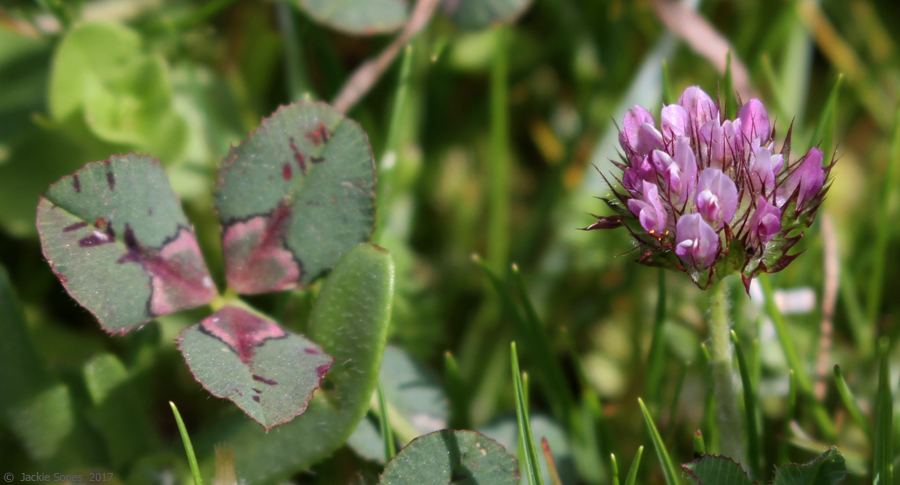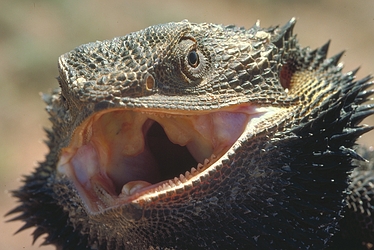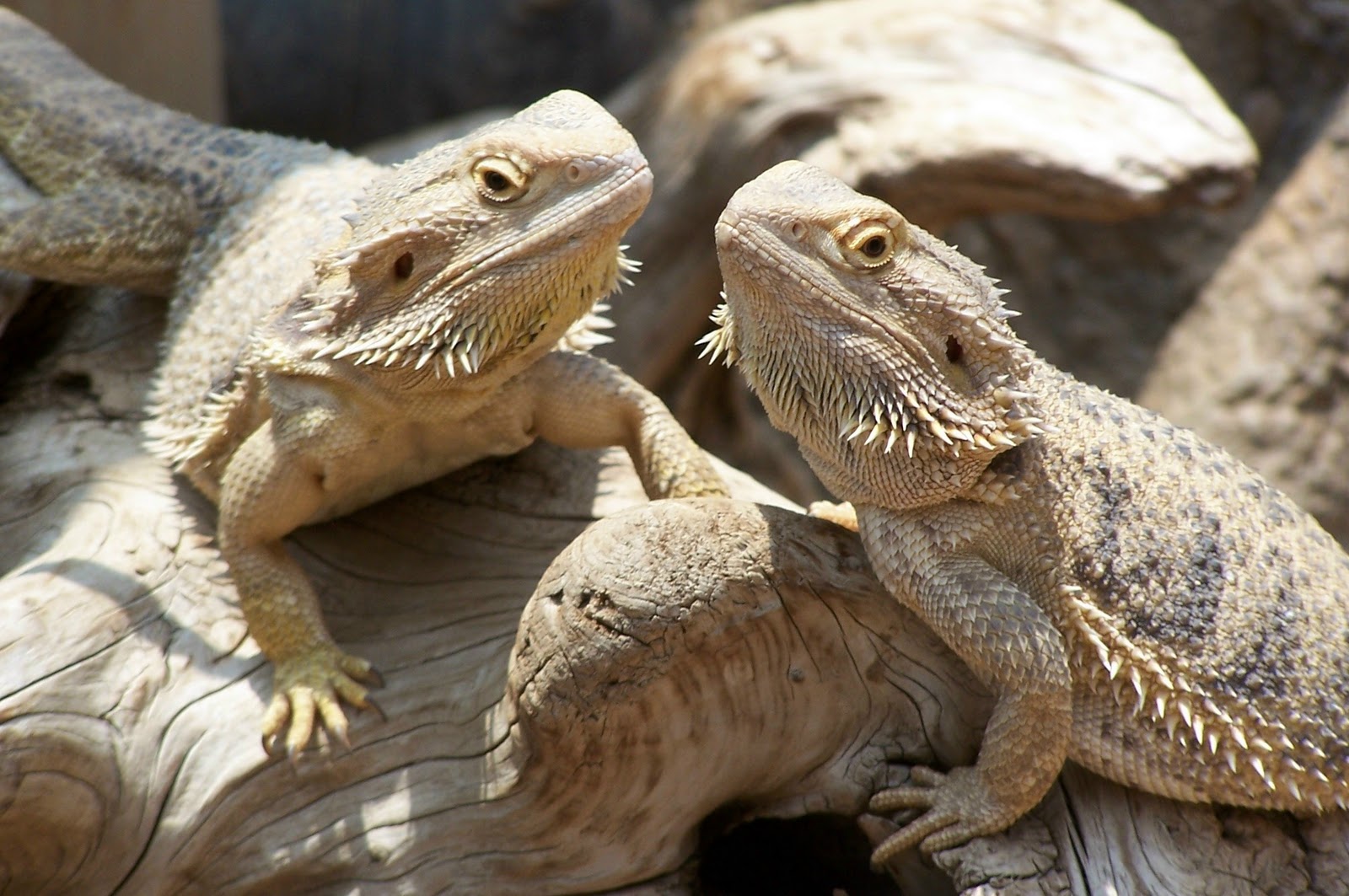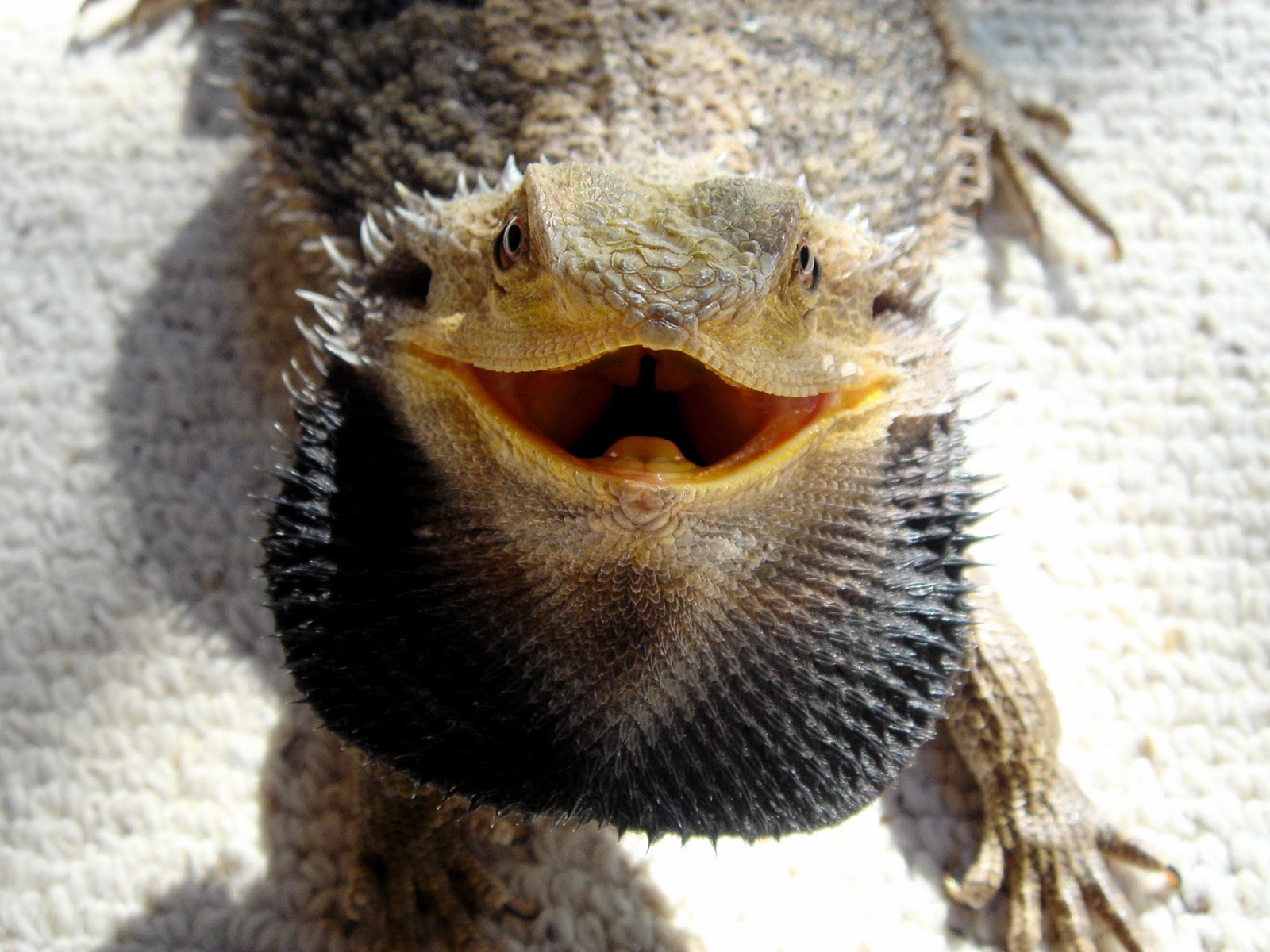Bobbing Head Bearded Dragon: What You Need To Know
Bobbing Head Bearded Dragon: What Is It?
Bearded dragons are fascinating pets that have become increasingly popular over the years. They are cute, docile, and easy to take care of, which makes them a perfect pet for beginners. However, they are also prone to different health issues, and one of the common issues that bearded dragon owners encounter is the bobbing head.
When a bearded dragon bobs its head, it means that it is displaying a behavior that is related to communication. It can indicate different things, such as aggression, submission, or even as a sign of interest. The head bobbing behavior is common among male bearded dragons, especially during the breeding season when they are trying to establish dominance or attract a potential mate.
What Causes Bobbing Head Bearded Dragon?
Bobbing head in bearded dragons can be caused by several factors. One of the common reasons is stress. If your bearded dragon is stressed, it may resort to head bobbing, which can help it alleviate stress or establish dominance.
Another potential cause of bobbing head in bearded dragons is related to their diet. Bearded dragons are omnivores, which means that they need to have a proper balance of vegetables, fruits, and protein in their diet. If their diet is not balanced, they may resort to head bobbing, which can be a sign of hunger or frustration.
Lastly, bobbing head in bearded dragons may also be caused by health issues. If your bearded dragon is experiencing any pain or discomfort, it may display head bobbing as a sign of distress. If you notice any unusual behavior or symptoms in your bearded dragon, it’s best to check with a veterinarian to ensure that your pet is healthy.
How To Prevent Bobbing Head Bearded Dragon?
While head bobbing is a natural behavior for bearded dragons, there are ways to prevent it if it becomes a persistent issue. One of the best ways to prevent head bobbing is to provide your bearded dragon with a balanced and nutritious diet. Bearded dragons need a diet that is rich in vegetables, fruits, and protein, which can help prevent hunger and frustration.
Another way to prevent head bobbing is to ensure that your bearded dragon is comfortable and stress-free. Providing your pet with enough space, hiding places, and toys can help alleviate stress and prevent head bobbing. Additionally, it’s important to avoid handling your bearded dragon too much, especially during the breeding season, as this can trigger aggressive behavior and head bobbing.
Conclusion
In conclusion, head bobbing is a natural behavior for bearded dragons that can indicate different things, including aggression, submission, or interest. While it’s normal for bearded dragons to bob their heads, it’s important to monitor any persistent or unusual behavior, especially if it’s related to health issues. Understanding the causes of head bobbing and how to prevent it can help ensure that your bearded dragon is healthy and happy.







